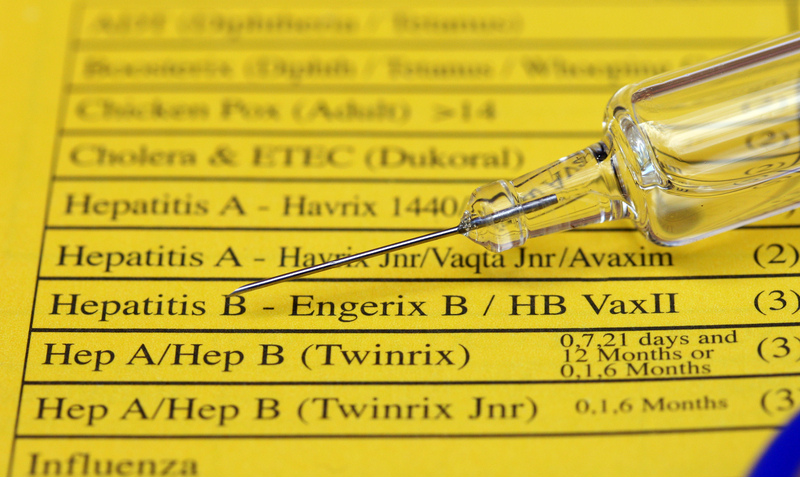NCBI
Issues in Using Four Languages in a Culturally Tailored Technology-Based Intervention Study: Asian American Breast Cancer Survivors With Depressive...
doi: 10.1097/CIN.0000000000001240.
Online ahead of print.
Affiliations
Expand
Affiliation
1 Author Affiliation: The Univer...
Factors Associated With Minority Patient Enrollment in a Gastric Cancer Biobank
Introduction:
Human tissue samples are essential for translational cancer research. However, less than 20% of current biobank and ge...
Food for Cancer Health Equity: A Qualitative Study Among People With Cancer Who Are Low-Income, Latino or Hispanic, Immigrant, and Individuals With...
Purpose:
Food insecurity is prevalent among patients with cancer. Gaps in our understanding of preferences for food assistance among...
Utilization, Satisfaction, and Clinical Outcomes of People of Color and White Adults Using an Employer-Sponsored Digital Mental Health Platform
Evaluating digital mental health services across racial and ethnic identities is crucial to ensuring health equity. We examined how People of Color...
Improving diverse patient enrollment in clinical trials, focusing on Hispanic and Asian populations: recommendations from an interdisciplinary expe...
Competing interests: BP has received grants from Tesaro/GSK, Merck, Astra Zeneca, Karyopharm Therapeutics, Incyte, Toray, VBL Therapeutics, InxMed,...
Understanding Healthcare Barriers for Latino/a/e/x Families with Alzheimer's Disease: Insights from Primary Care Provider interviews
Background:
Alzheimer’s Disease and Related dementias (ADRD) are disproportionately underdiagnosed, misdiagnosed, and undertre...
Trending Topics
Features
- Drive Toolkit
Download and distribute powerful vaccination QI resources for your community.
- Health Champions
Sign up now to support health equity and sustainable health outcomes in your community.
- Cancer Early Detection
MCED tests use a simple blood draw to screen for many kinds of cancer at once.
- PR
FYHN is a bridge connecting health information providers to BIPOC communities in a trusted environment.
- Medicare
Discover an honest look at our Medicare system.
- Alliance for Representative Clinical Trials
ARC was launched to create a network of community clinicians to diversify and bring clinical trials to communities of color and other communities that have been underrepresented.
- Reducing Patient Risk
The single most important purpose of our healthcare system is to reduce patient risk for an acute event.

















